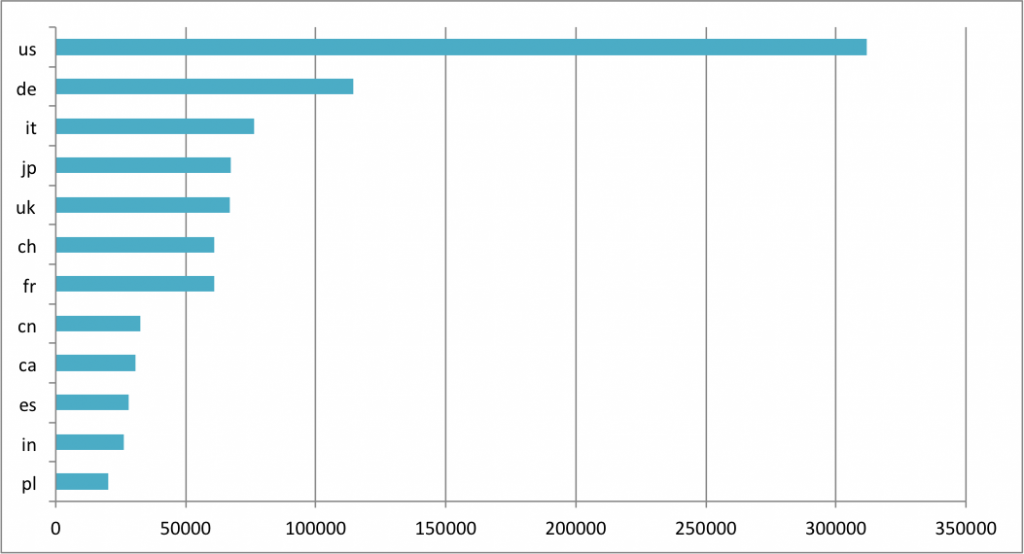As mentioned before, we have started re-designing INSPIRE and your feedback is proving to be precious! Our colleague Robin Colignon will share his thoughts about the importance of usability and how we are using it to improve INSPIRE.
Why is usability important?
If a website is too hard to understand, difficult to use, or the information is not arranged in a logical manner, most of the users feel frustrated and eventually leave and never come back.
Usability concepts cover both the ease of use and learnability of any human-made object, such as a website. Considering usability allows developers and designers to create easy-to-understand interfaces, provide well-organized information, and increase the users’ effectiveness, efficiency, and satisfaction.
If you have questions concerning usability, the following website will provide you further information: http://www.usability.gov.
INSPIRE’s new home page
Information architecture tackles the structural design of shared information environments to support findability and usability. Thus, the new information achitecture for INSPIRE focuses on the core functionalities and the content provided.
But before re-designing it we have to understand which ones are the most valuable features for our users; the best way to obtain such information is to ask the community directly.
We ran card sorting tests with our volunteer users, where they could organize the current content of INSPIRE as they thought they should be categorized, highlighted, or excluded. Every tester could group the cards according to their own preferences and provide new names and descriptions.

These insights enlightened us and helped us create a first design interface that takes your needs and requests into account.
Have a look at our first proposal. The mock-up shows how the home page could look like:

This is just a small teaser! We will be running lots of user tests during our re-design. If you are interested, come back in a few weeks to discover more or join us as a tester. We will be happy to share this experience with you! Contact us at
usability-testing@inspirehep.net.
Robin Colignon is an expert in UX/UI working on the re-design of INSPIRE. He graduated in Information System and Services Science and in Computer Science from the Université de Genève. His interests include user-centered design and interfaces.



